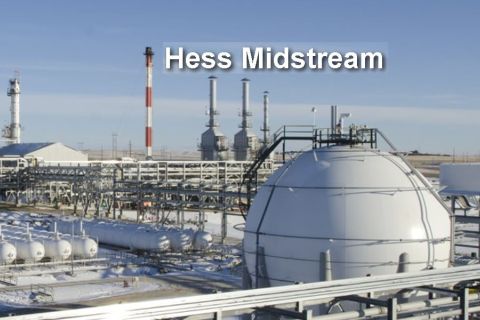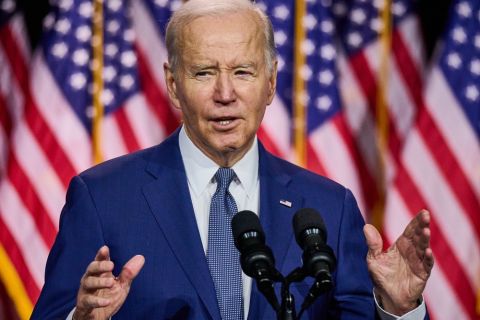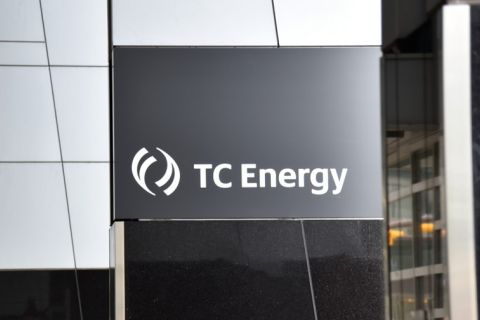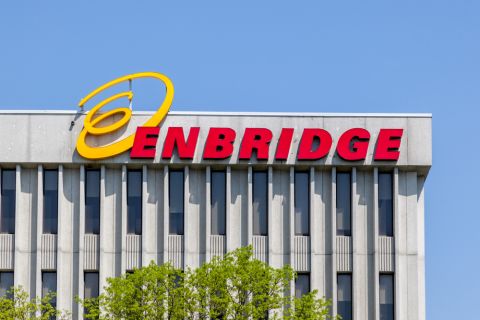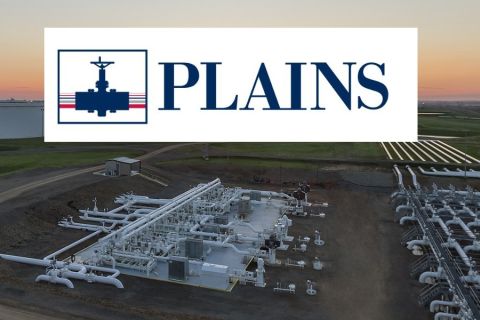
Industry action is needed to ensure best safety and environmental practices to restore public trust after the industry suffered a severe blow to its reputation and public confidence following the 2010 deepwater drilling rig explosion and massive oil spill in the Gulf of Mexico, according to Charlie Williams, named in March as the initial executive director of the Center for Offshore Safety (COS). Williams was the featured keynote speaker at a topical lunch at the Offshore Technology Conference (OTC) on April 30 in Houston, after being honored at the annual OTC dinner the previous evening with a special citation “for his extraordinary work in advancing offshore safety.”
“The future of the country’s offshore industry is going to be based on the industry’s ability to demonstrate our absolute commitment to work safely and responsibly while continuing to learn and enhance and improve our safety performance,” Williams said in an exclusive interview with E&P magazine prior to OTC, which runs from April 30 to May 3.
Williams retired from Shell Oil to accept the new post. He was employed for 40 years at Shell, most recently holding the title of chief scientist, Well Engineering and Production Technology, a position he held since 2005. Williams, who was instrumental in helping form the center, also served as chair of its governing board, which he also resigned to become the new executive director.
The Houston-based center was formed in March 2011 by the American Petroleum Institute to help oil and gas companies share data and information to help boost the safety of offshore drilling. The center also seeks to provide third-party auditing of companies’ federally mandated safety and environmental management systems (SEMS), which are meant to help identify and mitigate human and operational risks. COS, in working with the industry and in coordination with the reorganized federal agency oversight, has formulated a two-pronged plan: standardized best practices prevention measures, and faster more coordinated response, should an accident occur.
“Of course, the incident and tragedy in the Gulf of Mexico happened before COS. But I think COS is a timely response and an important step in the industry commitment and path to continuously learn and improve safety,” Williams said.
“When I heard the news about the Gulf of Mexico [GoM] accident, it hit me right in the gut. I think this was the reaction of most, if not all, in the industry. It was a great tragedy with the loss of life, injuries, and the spill,” he said. Safety in the deep waters is a “journey of constant vigilance” and efforts to expand drilling in the Outer Continental Shelf depend on public confidence in the industry’s commitment to safety and ability to deliver on that commitment, Williams noted.
He is hopeful the center’s efforts will serve to smooth the return to a more expeditious permitting process. A key part of permitting is trust, confident, and demonstrated performance relative to safety. COS is an industry organization that will deliver tools, processes, and sharing relative to safety practices that will demonstrate the industry’s commitment and capability.
“I’m excited about entering a new chapter in my life, but also entering a new chapter in the history of the oil and gas industry’s commitment to safe operations. I am committed to COS and its mission and feel the weight and responsibility of the challenge,” Williams said. “The COS is set up to share safety and environmental protection data and has the confidentiality provisions to enable this. Most of the safety data will be open and shared and the industry is committed to this. Items that are sensitive will be shared as industry data without attributing them to individual companies. This central source of SEMS data is a key role of COS,” Williams said.
The center will lead the industry’s ongoing commitment to the safe development of America’s vast deepwater offshore natural resources, Williams said. “Our top priority is to develop practices and programs that will help operators perform at their very best in implementing safety and environmental management systems.”
One of the center’s core functions is the utilization of independent third-party audits. Operator program auditing is a key part of Bureau of Safety and Environmental Enforcement (BSEE) rules. Through this auditing effort, the center will help the industry operate safely in the GoM by sharing safety and environmental information to drive industry practices, standards enhancement, and safety management system implementation in a positive and continuously improving direction, Williams said. “I have had many conversations with BSEE regarding COS and they as well as the industry fully support our strategy and goals,” he added. Recommended practices developed by API have now been adopted by federal regulators and have the force of law.
Williams, whose work at Shell included helping to develop high-pressure, high-temperature wells and specialized drilling and completion equipment for extreme environments such as deep water, will continue to chair the Joint Industry Task Force on Subsea Containment and to serve on the Department of Interior’s Offshore Energy Safety Advisory Committee.
Recommended Reading
Hess Midstream Announces 10 Million Share Secondary Offering
2024-02-07 - Global Infrastructure Partners, a Hess Midstream affiliate, will act as the selling shareholder and Hess Midstream will not receive proceeds from the public offering of shares.
EQT CEO: Biden's LNG Pause Mirrors Midstream ‘Playbook’ of Delay, Doubt
2024-02-06 - At a Congressional hearing, EQT CEO Toby Rice blasted the Biden administration and said the same tactics used to stifle pipeline construction—by introducing delays and uncertainty—appear to be behind President Joe Biden’s pause on LNG terminal permitting.
TC Energy’s Keystone Back Online After Temporary Service Halt
2024-03-10 - As Canada’s pipeline network runs full, producers are anxious for the Trans Mountain Expansion to come online.
Enbridge Announces $500MM Investment in Gulf Coast Facilities
2024-03-06 - Enbridge’s 2024 budget will go primarily towards crude export and storage, advancing plans that see continued growth in power generated by natural gas.
Plains All American Names Michelle Podavin Midstream Canada President
2024-03-05 - Michelle Podavin, who currently serves as senior vice president of NGL commercial assets for Plains Midstream Canada, will become president of the business unit in June.

